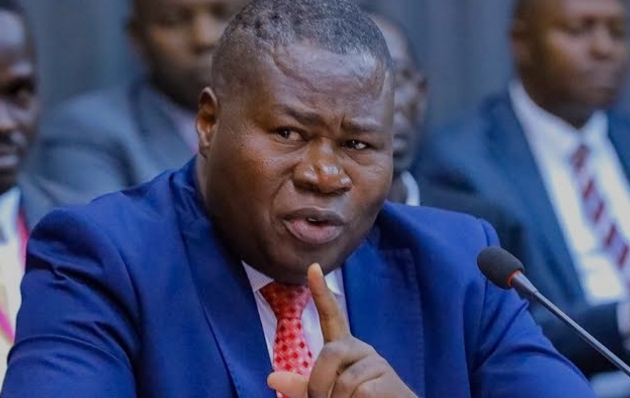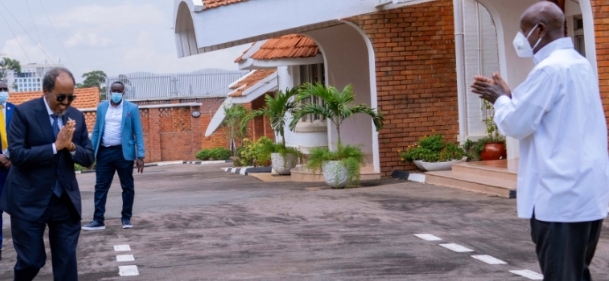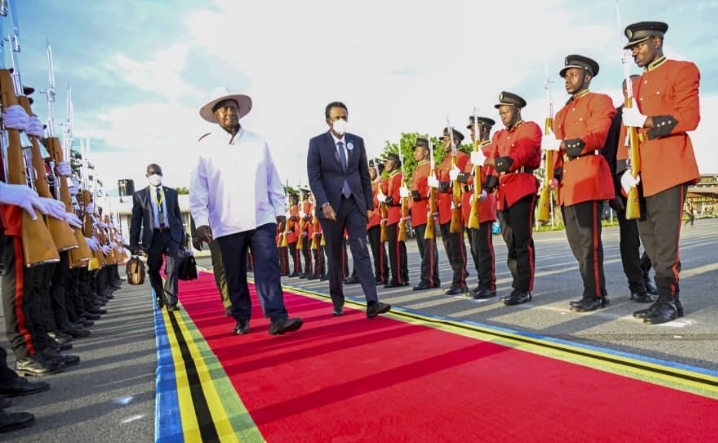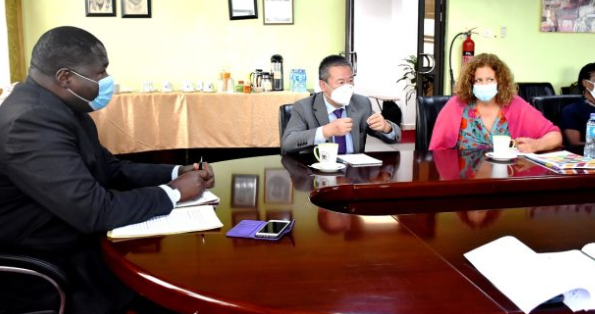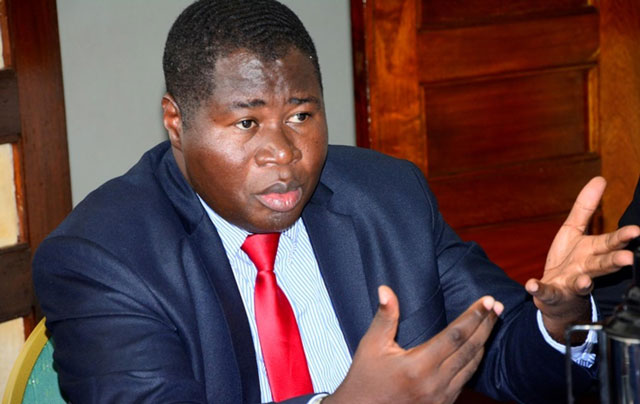Defence Minister Jacob Oboth-Oboth presented the UPDF Amendment Bill, 2025 before Parliament, aiming to reintroduce military court jurisdiction over civilians involved in specific military-related offenses. This move comes in the wake of a Supreme Court decision that had previously declared such trials unconstitutional.
The proposed law outlines limited scenarios where civilians could fall under military jurisdiction, including individuals unlawfully in possession of military-only equipment like AK-47 rifles, contractors working with the armed forces, and civilians operating alongside military units. Minister Oboth-Oboth emphasized that the bill seeks to balance respect for the court’s ruling with the need to confront new and evolving national security threats.
However, the bill has sparked significant controversy.
Critics are particularly concerned about the proposal to repeal Sections 203 to 206 of the current UPDF Act provisions that have traditionally served as safeguards for civilian rights within military proceedings. Human rights groups caution that removing these sections without clear alternatives could dilute civilian protections and diminish judicial oversight.
“This isn’t about complying with the Supreme Court’s ruling,” said Kira Municipality MP Ssemujju Nganda. “It’s a calculated move to reinstate military trials for civilians under a different pretense.”
Opponents warn that the bill could open the door for abuse, potentially targeting civilians accused of crimes such as illegal possession of weapons, terrorism, or even dissent against the government charges that, if politicized, could silence legitimate criticism.
Supporters of the bill argue it is a necessary step to reinforce the operational readiness of the Uganda People’s Defence Forces (UPDF) and to ensure national security interests are protected. They contend that the amendments bring clarity to who can be tried in military courts, avoiding broader misinterpretation.
Nonetheless, human rights advocates and opposition legislators are mobilizing against the bill. They point to established international norms, including those of the African Commission on Human and Peoples’ Rights, which advocate for limiting military courts strictly to serving military personnel and offenses of a military nature.
As the bill moves through parliamentary scrutiny, it faces intense debate over the balance between state security and the protection of civil liberties in Uganda.

